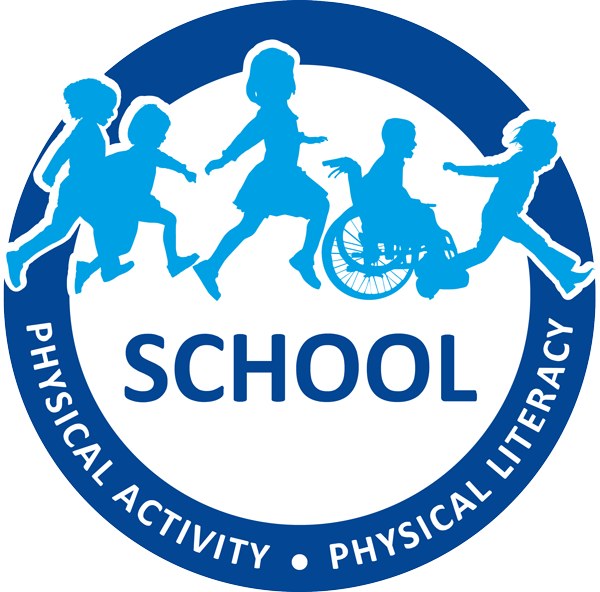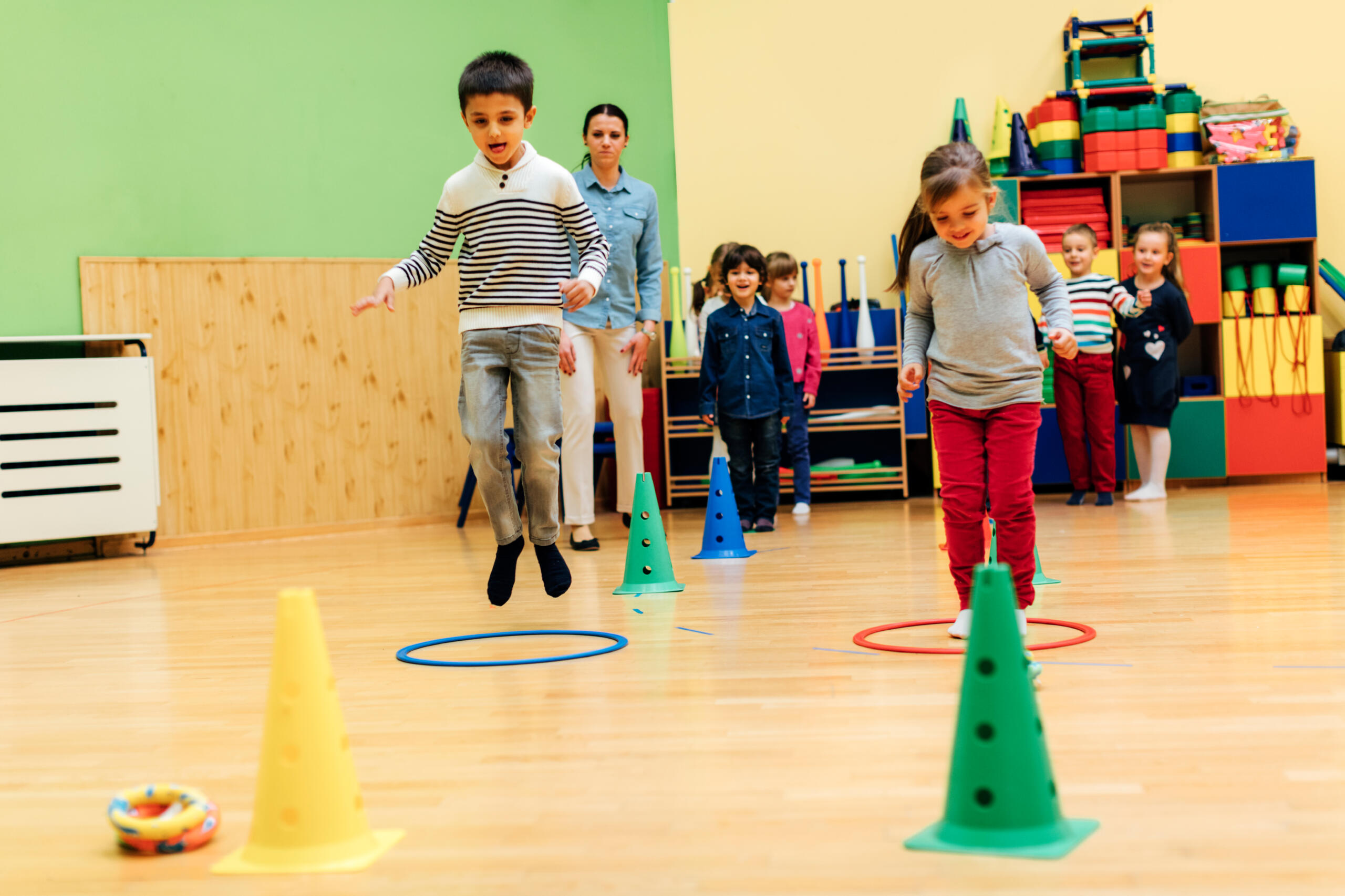When it comes to physical literacy development, there’s no substitute for time.
As educators, it’s important to be aware of the role that a student’s age plays as they learn fundamental movement skills. We may end up with students whose birthdays are nearly a year apart, and that has implications on how to approach cultivating their physical skills.
Sometimes the only thing standing between a student and learning a particular skill is the time they need to grow.
Keeping watch
As an elementary school educator, there are specific groups of students that require extra attention while teaching physical activities:
- Students who are the youngest in their grade – the December babies
- Those who are physically less mature than their peers
- Those with a pervasive coordination problem
Keeping these students in mind when designing lessons will ensure there isn’t a learning disparity between children of different ages or developmental ages.
Tips for teaching
The approach teachers take to instructing students of various developmental ages can feel daunting, and will change from one class to the next, but there are some simple ways to level the playing field for students.
- Break down a skill into small components that let a student who is less developmentally advanced experience some success.
- Modify equipment to make skills easier to do. For instance, play badminton with balloons and not shuttlecocks.
- Shorten the distance and increase the target size for throwing or kicking.
- Alter the rules to games for those who are not as developmentally advanced.
- Pick teams to avoid one-sided games.
It’s difficult to correctly identify where every student currently is in their physical literacy journey, but by following these steps you can ensure that all of them have a fair chance to learn. Adjusting your teaching methods to take developmental age into consideration will have an impact on students long after they leave your classroom.

